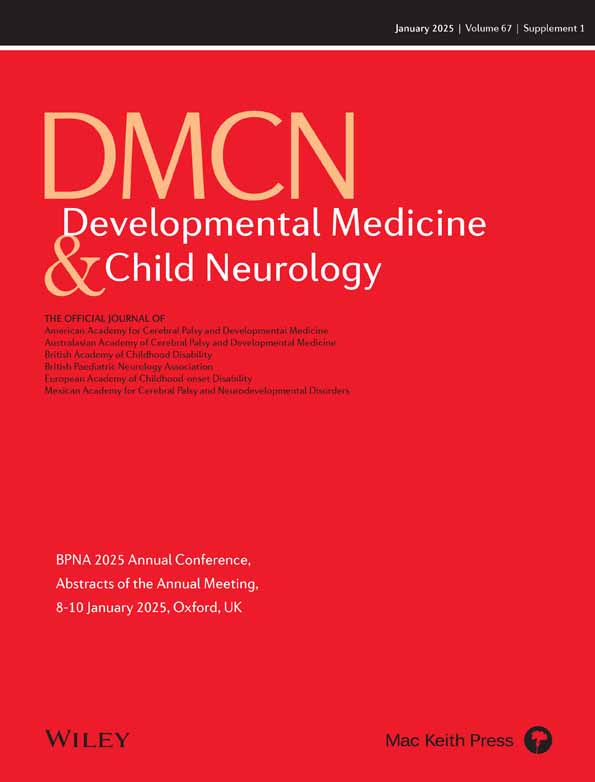Forewords
Welcome to the British Paediatric Neurology Association (BPNA) Annual Conference. As always, the quality of the programme remains exceptionally high, complemented by a large number of abstract submissions.
The 2025 conference is hosted by the Oxford team, and while the programme reflects local interests, it also provides a broad perspective on current issues in paediatric neurology. We have actively encouraged the involvement of patients and carers in the programme, with several stands and video clips from patient organizations featured for the first time.
Building on the success of last year's research workshops, we are once again hosting sessions to address key research questions in the field and promote collaboration. These interactive workshops are open to all, aiming to bring together leading experts to advance research, discuss patient pathways, and identify clinical and research gaps. We also invite and welcome patient groups to attend these sessions.
The Oxford team will showcase some of the outstanding work being done in neuroinflammation. Presentations from world-leading experts and researchers will highlight the latest treatment interventions and breakthroughs in answering fundamental questions in this field. The programme reflects current developments and addresses challenges faced by all in paediatric neurology.
We will also feature the ever-popular video session, designed to help attendees learn from expert panel discussions on how to approach paediatric neurological disorders, phenomenology, differential diagnosis, and investigations through case presentations and video analysis.
During the conference, we will present the prestigious Ronnie Mac Keith Prize, as well as the Developmental Medicine and Child Neurology (DMCN) Best Article by a BPNA Trainee Prize. Additional prizes will be awarded for the best oral presentation, oral poster, e-poster, and medical student presentation.
Given the recent attention on epileptic encephalopathies, we will host a debate on Lennox–Gastaut syndrome and its relevance.
Recent advances in genetic testing and gene therapies have introduced new complexities to our specialty, and we will explore whether applying genomics can enhance diagnosis, neurobiology, and treatment for neurodevelopmental disorders.
The hosting team will also be delighted to share some of Oxford's rich history with those attending the conference in person.
Delegates are warmly invited to the reception event at the medieval Divinity School, and we hope you enjoy dinner and a Cèilidh while visiting the Museum of Natural History. We trust that this year's BPNA conference will inspire ambition, foster innovation, promote collaboration, and showcase achievements.
Sam Amin
Chair of Research




